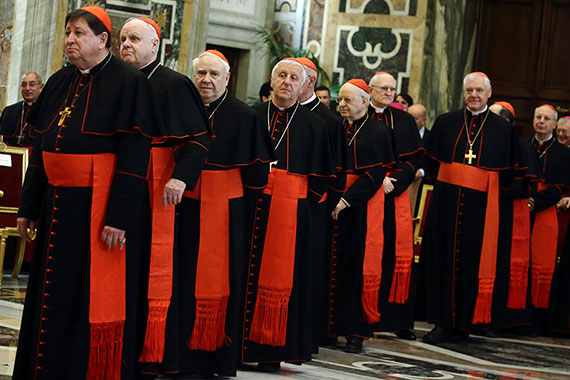Azadi ka Amrit Mahotsav Kolkata event honours four Clergymen
Pope Francis asks businesses to support working women: They’re ‘afraid to get pregnant’
Study: Christianity may lose majority, plurality status in U.S. by 2070
Indian politician declines Magsaysay Award under party pressure
Like John Paul II, Pope Francis heads to Kazakhstan during time of war

Pope Francis’ plan for the reform of the Roman Curia will change the names of several offices and merge a few of them, but the biggest change it hopes to spark is one of attitude.
The last major reorganization of the Curia came with St John Paul II’s apostolic constitution, “Pastor Bonus” (The Good Shepherd) in 1988, which — in its very first sentence — spoke of Jesus entrusting the apostles with “the mission of making disciples in all nations and of preaching the Gospel to every creature.”
To facilitate that mission in the modern world, St John Paul had said, the church needs a structure to promote “communion,” which “glues the whole church together.”
Pope Francis’ successor document to “Pastor Bonus” is tentatively called “Praedicate Evangelium” (Preach the Gospel), and drafts of it were sent to bishops and a variety of experts for comment in the spring.
Of course, promoting the communion of the church and preaching the Gospel are essential tasks for the Popes. For Catholics they are inextricably bound together, and one makes little sense without the other. But when one is emphasized more than the other, priorities change. The energy of the Curia can be directed to promoting unity, offering direction and gathering suggestions and ideas, a some what inward gaze that could increase the perceived authority of curial officials. The risk is a tendency toward uniformity and thinking that the closer one is to the centre, the more authority he has.
Leave a Comment